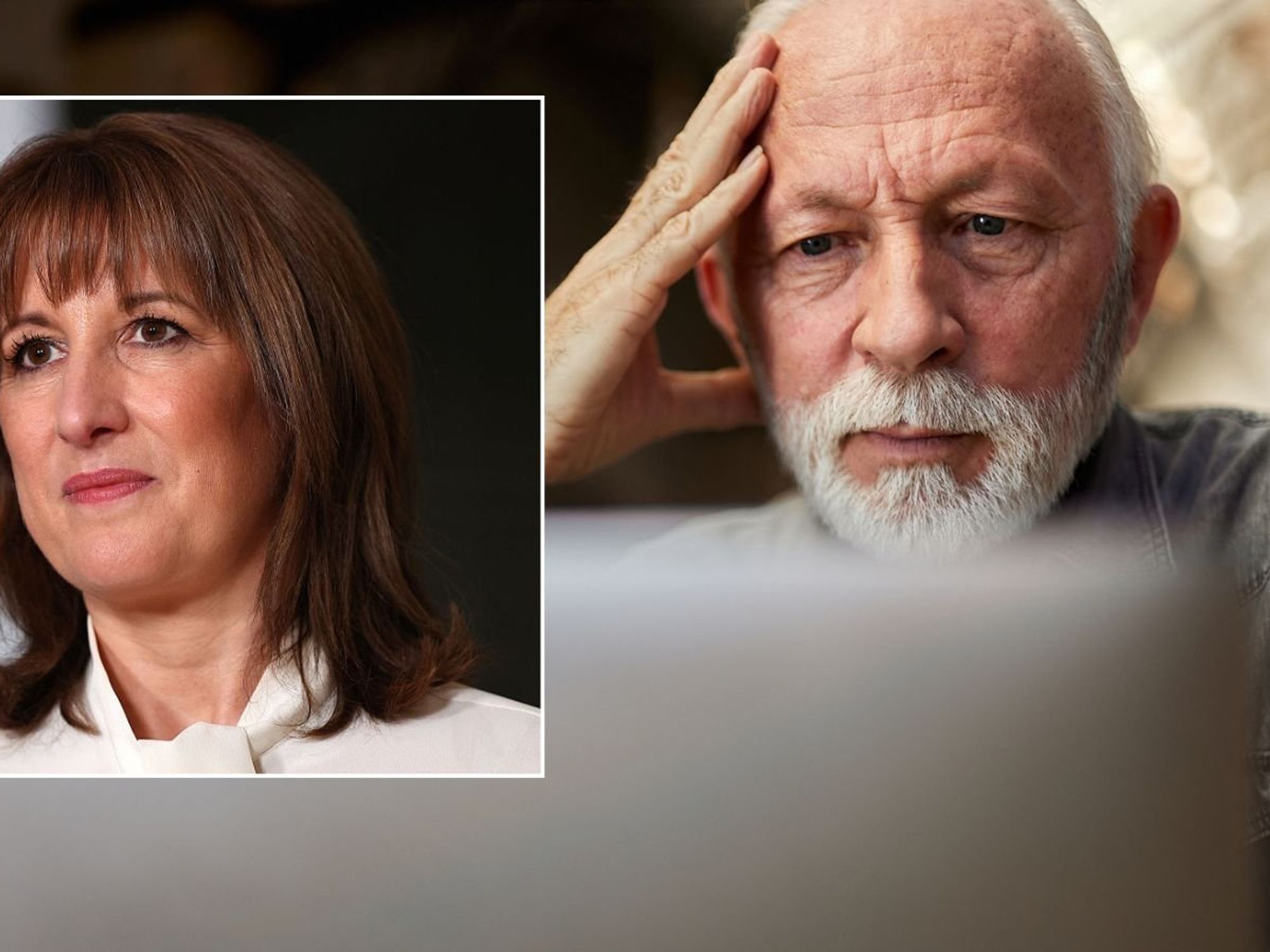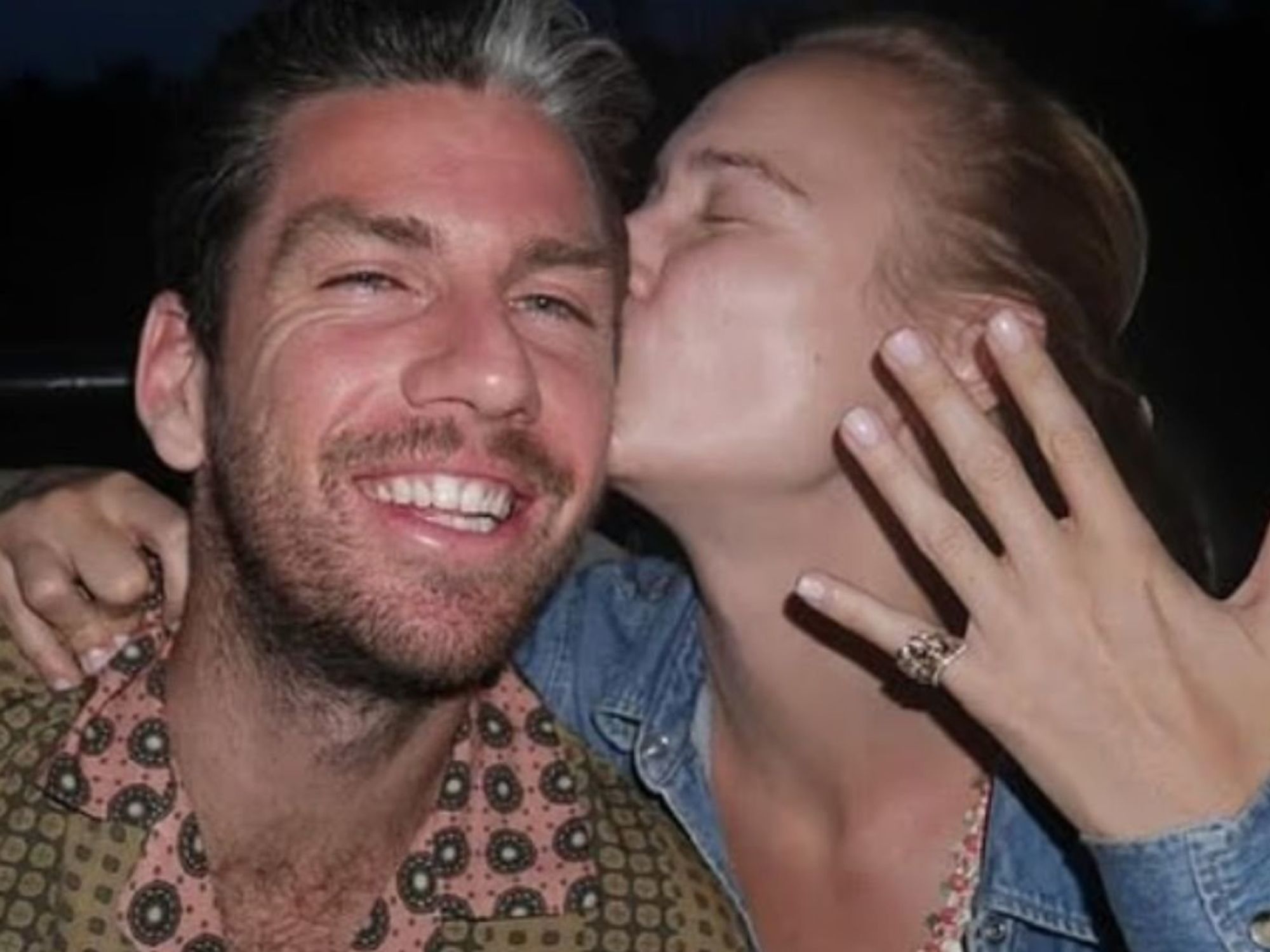Alex Phillips: Modern medicine is able to extend life - but at what point does it become appropriate to prematurely end it?

By Alex Phillips
Published: 14/09/2021
- 17:12Updated: 14/09/2021
- 17:36'The House of Lords will debate prospective assisted dying legislation for the first time in six years.'
Don't Miss
Most Read
If it is yours, then surely it is yours to take. Life, that is.
Suicide is no longer illegal, but assisting suicide is, carrying a sentence of up to 14 years.
For a long time public opinion has been out of step with established medical consensus. While 84% of us believe we should be able to choose the circumstances of our death in terminal illness, the medical community has largely opposed any calls for assisted dying.
Until today.
All doctors swear upon the Hippocratic oath to preserve life. But when modern medicine is able to extend life, but without necessarily improving the quality of it, at what point does it become appropriate to withdraw treatment, or indeed, to enable someone to prematurely end their life to relieve their suffering? And fundamentally, why are these not two and the same?
Recently medical attitudes are changing, and today, the biggest medical union, the BMA met to discuss pushing for medical neutrality over any law change, joining The Royal College of Physicians and The Royal College of Nursing in no longer opposing such a move.
The argument from doctors has been that medical intervention is not actually required in assisted suicide or euthanasia and the duty of care mantra of the medical profession must not be eclipsed by the addition of a duty to kill amendment.
Were a medical professional involved in such a complex and personal discussion, what burdens would then fall upon the shoulders of those trained to provide relief and fight for survival? A recent survey of their members however now puts almost two thirds of the medical community in favour of terminally ill patients being able to opt for a medically induced or planned death, potentially saving months of distressing palliative care, enabling a patient who knows they are already facing a death sentence to be able to choose the date and the manner of that moment, to give them peace and dignity in dying, when dying is immediately inevitable.Yet to many these matters are never black and white.
Which conditions or prognoses would be considered suitable for medically assisted dying? Should there be consolidated familial support? How is one’s mental stability deemed fulsome enough to corroborate a fully consensual life ending choice? What rigorous criteria would be needed to prevent pressure from being put on terminally ill patients, or to prevent incidents of questionable euthanasia slipping through the net?
The sheer gravity and complexity of such a decision means that to many, this uncharted territory in our law should remain just that.
To others the matter IS black and white.
Many of those opposing assisted dying on religious grounds see a simple breaking of holy diktat whereby it can never be right to take another life, whatever the reason.
The former Archbishop of Canterbury Rowan Williams has today outlined some of the risks involved, and while acknowledging that few would endorse the gratuitous prolongation of life in someone who would suffer enormously if not unbearably from emotional and physical pain, he nonetheless puts forward the risks that any law change would carry, perhaps most crucially, the legitimisation of persuasion.
Unconscious or indirect influence spanning from the guilt of putting pressure on family, to the risk of palliative care regressing if fast alternatives were made available, to the possibility that any change in the law to identify criteria by which one could justify prematurely ending a life could result in stigmatising sufferers of certain conditions resulting in previously unthinkable thoughts becoming decisions that would now need to be taken.
There is also the requirement for absolute prognostic certainty, something few doctors feel able to resolutely provide.
Next month the House of Lords will debate prospective assisted dying legislation for the first time in six years, which would enable terminally ill, mentally competent adults to request assistance to die in a manner, timing and place of their choosing, subject to approval by two independent doctors and a High Court judge.
A consultation is also due in Scotland while Jersey will put a law change in front of a citizen’s jury later this year.
Currently those wanting to be assisted in terminating their lives must travel abroad, with those going with them or assisting them at risk of breaking the law.
In countries where assisted dying is legal, apparent nuances of administration can be quite significant, with physician or patient approved euthanasia shifting the burden of such an extremely grave decision.
For those with conditions that affect motor function, dexterity, or speech, legitimising the request can prove complex, potentially excluding some people from the right to choose where choice is available.
In some jurisdictions, the criteria feels arbitrary and legally unsound, relying on absolute time frames or the certainty of outcomes, with a loophole for conscientious objection.
What on the outside may appear a simple discussion rapidly unearths legal, ethical and personal complexities from a Pandora’s Box few wish to open.
But the lid of that Pandora's Box could well be lifted very soon, right here in the UK.
Today, we need to talk about assisted dying.











